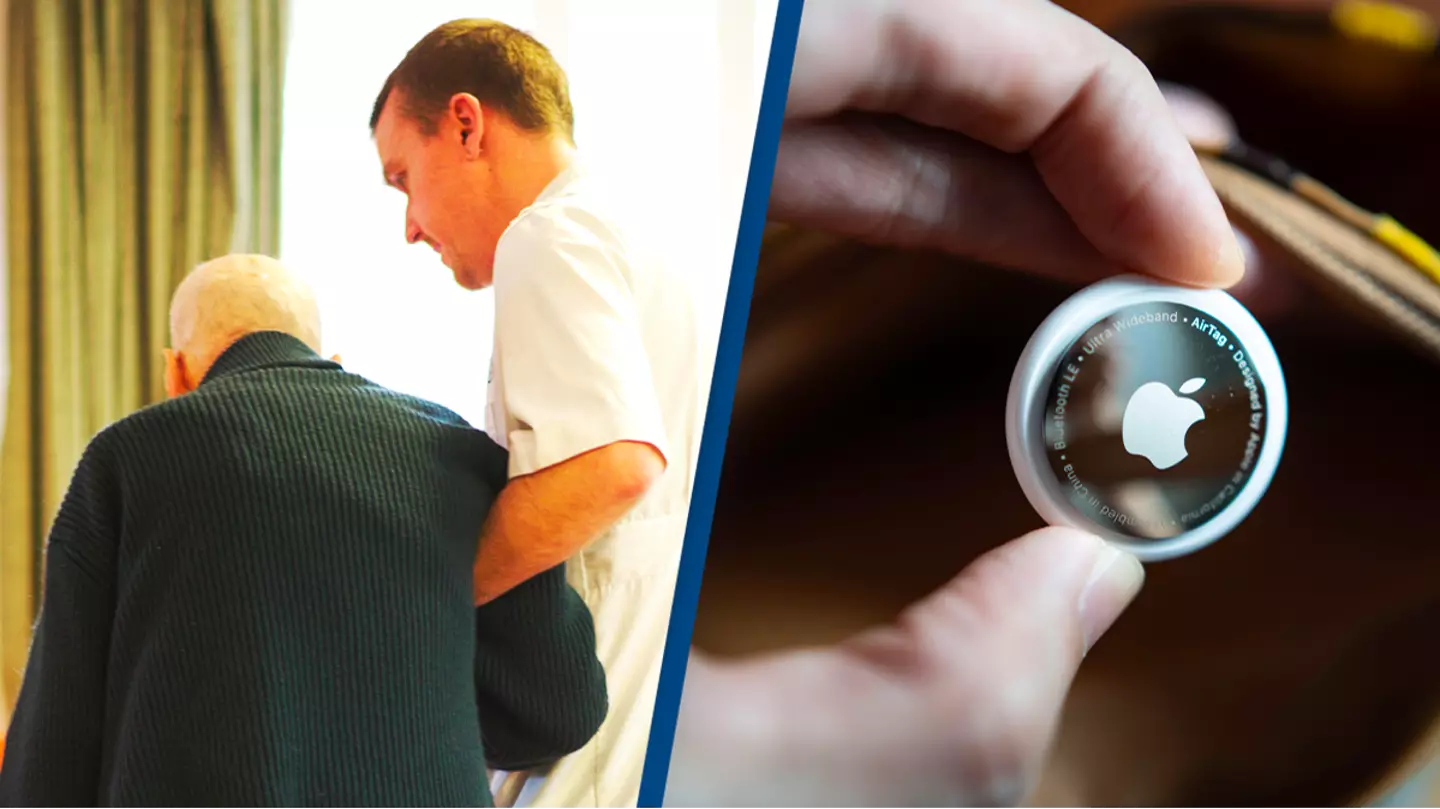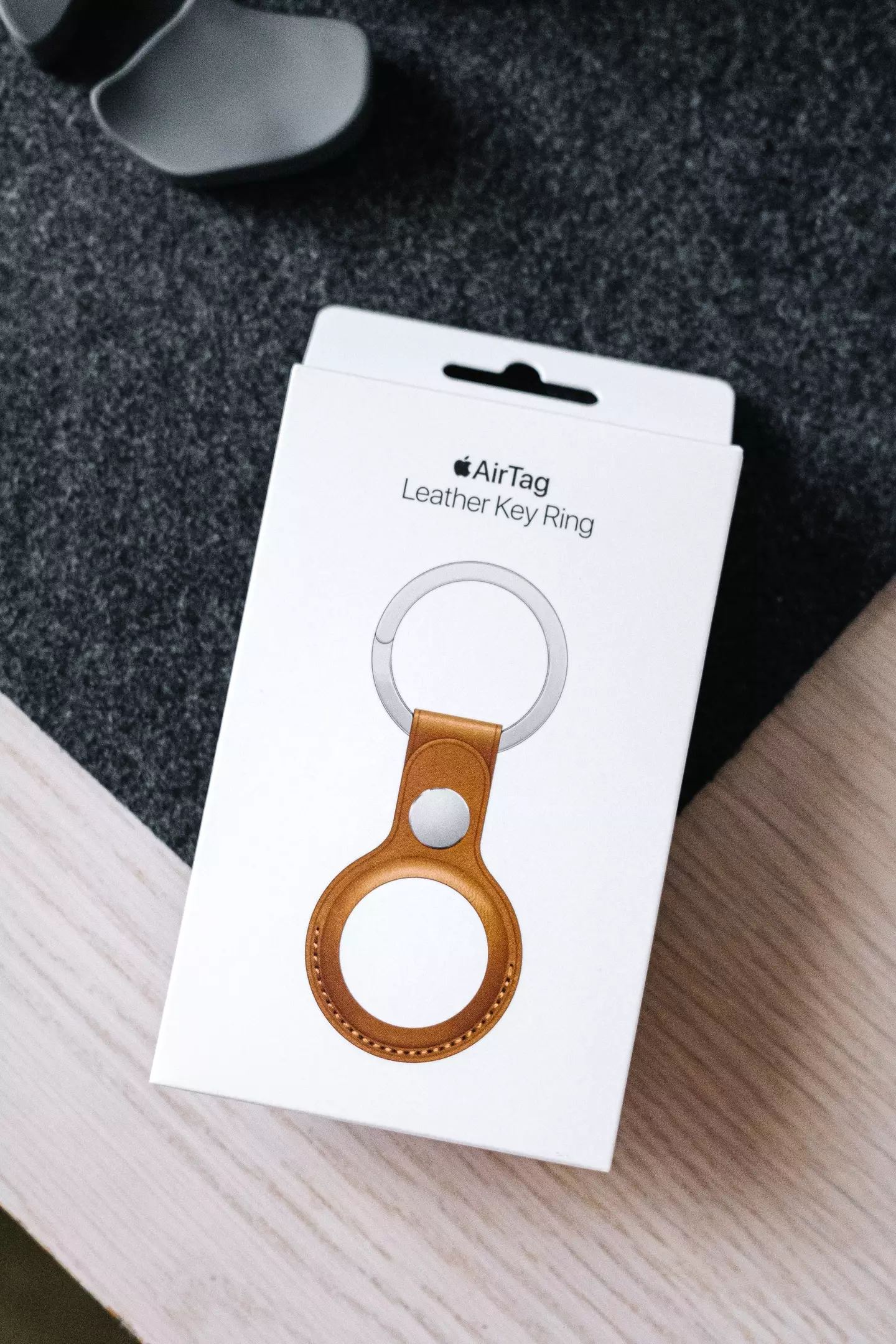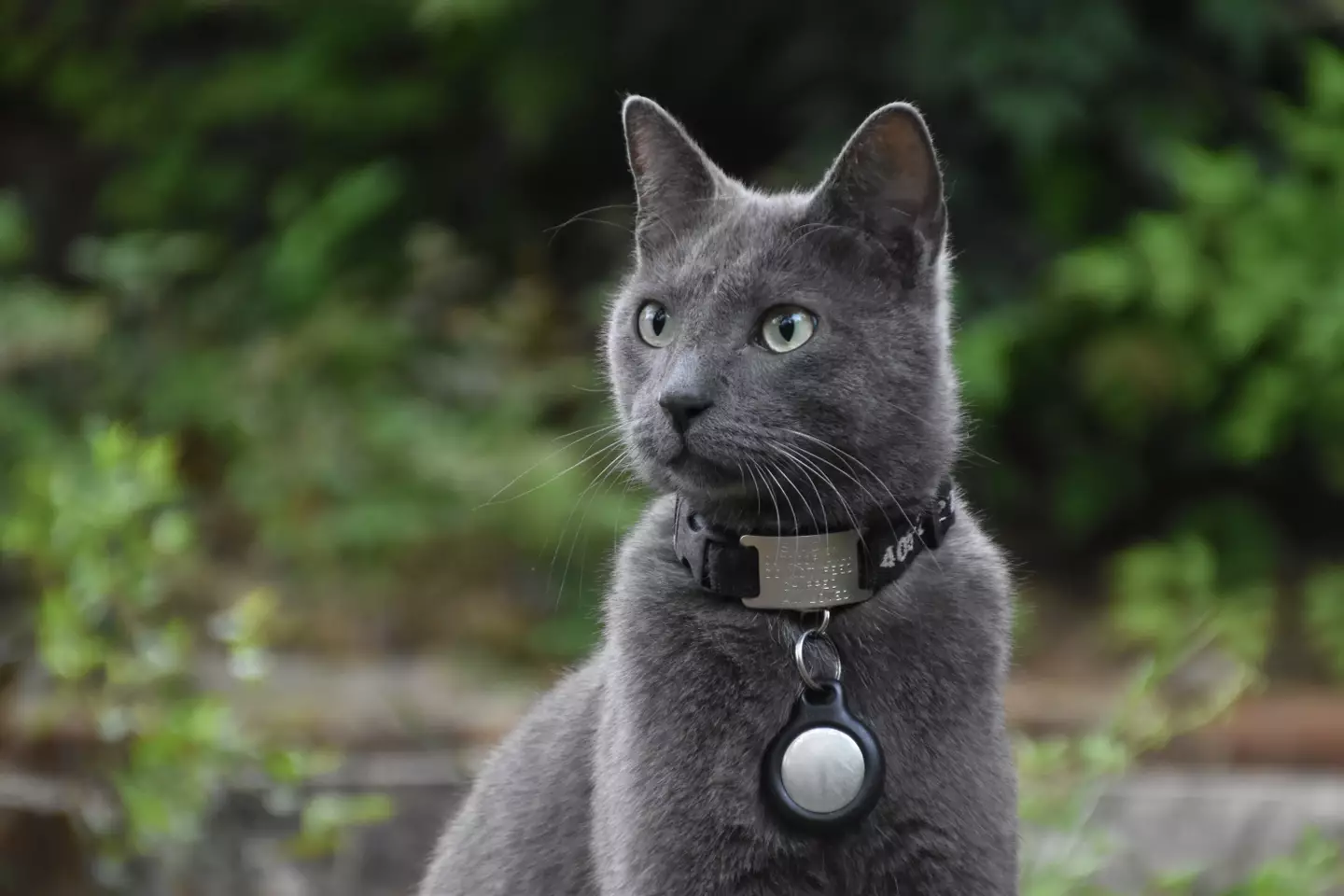
Families of dementia patients are attaching Apple AirTags in a bid to keep their loved ones safe, according to a new report.
Some carers have discovered that the key finder - developed by the brand to help people find their missing personal objects - could also help them find elderly people who might suffer with a progressive brain disease, according to a report by Wall Street Journal.
Whilst most people own a smartphone with an inbuilt GPS system, people living with a brain disease might be likely to either not have a phone or forget to bring it with them.
So, those caring for someone with a memory disorder have been attaching the tracking device to something they would usually remember to take with them, like their keys or wallet.
Advert

While it may seem somewhat strange to place a literal tracking device on someone, it’s not the first time that AirTags, which were launched in April 2021, have been used for an unintended purpose.
Some have also used the technology to track their kids and pets, too.
However, the accuracy of the AirTags can make it difficult to locate exactly where the person might end up, never mind the issue around the ethics of tracking somebody’s location who is unable to consent to such an invasion of privacy.
One woman told the publication that she has turned to the mobile accessory to track her spouse who has dementia.

Michelle Hirschboeck, a graduate assistant at the University of Minnesota, said: “He always puts his keys and wallet in his pocket when he goes out.
“For the past two months, Paul has been walking around with an AirTag attached to his keys.”
She also told the outlet how she was given advice to buy insoles with GPS inbuilt for her partner, but this would be next to impossible to implement as as he chooses to wear different shoes on different days, and such accessories would have set her back over $300 (£266.56).
Other GPS trackers require a subscription fee for users, too.
An Apple AirTag, however, will set you back just £35 (£39.39) per tracker and doesn’t require such a monthly fee, according to the site.

However, AirTags do not provide accurate location information in real-time, and instead relies on nearby Apple devices to record their location and anonymously relay that back to the AirTag owner.
This means the accessory may not be effective if the person carrying it has forgotten their phone.
Paul Gaugler, a professor of long-term care at the University of Minnesota, told the publication that those living with the condition should give their consent to be tracked in such a way.
“Just because someone has been diagnosed with dementia doesn’t mean they can’t still make decisions for themselves." he said.
“They can and should be asked if it’s OK with them.”
Instead, Gaugler believes it’s better to 'understand' why some with the disease might wander.
He said: “It’s more constructive to understand what leads to the wandering and to try to come up with strategies to prevent it.”
UNILAD has contacted a representative of Apple for a comment.
If this story has affected you, call the Alzheimer's Society Dementia Connect Support line on 0333 150 3456 Monday to Wednesday 9am – 8pm, Thursday and Friday: 9am – 5pm and Saturday and Sunday: 10am – 4pm. Or visit their website here.
